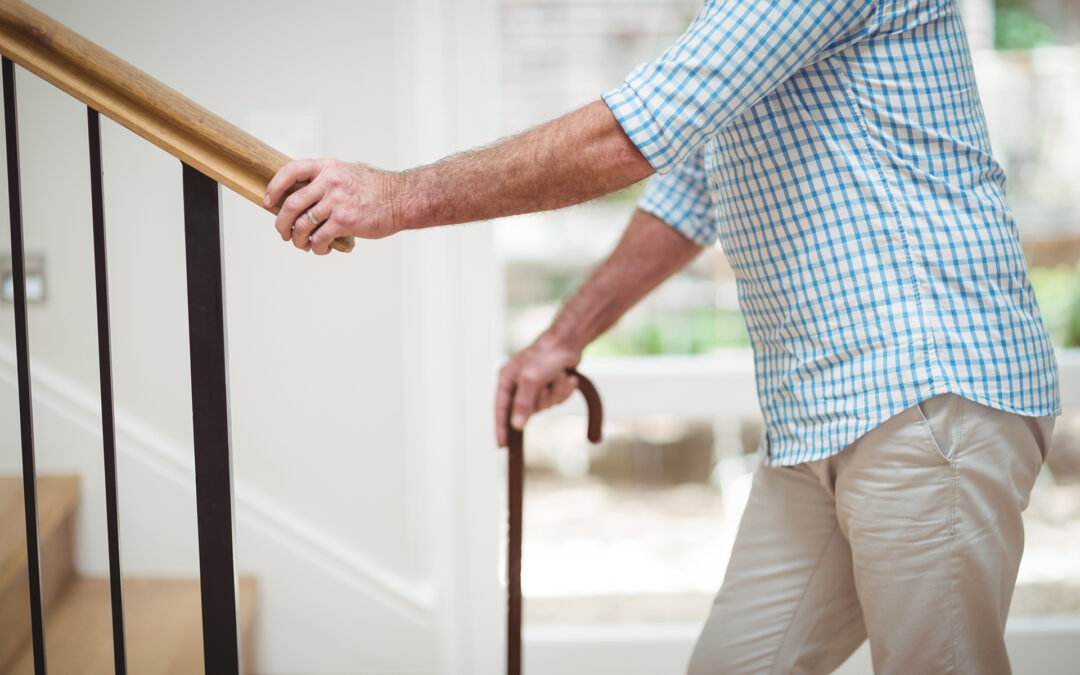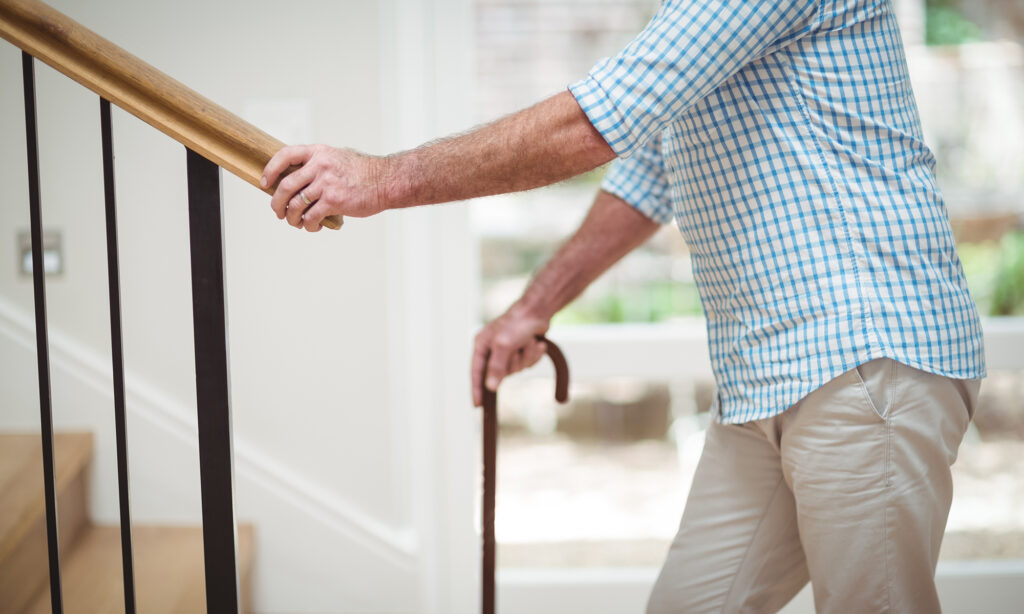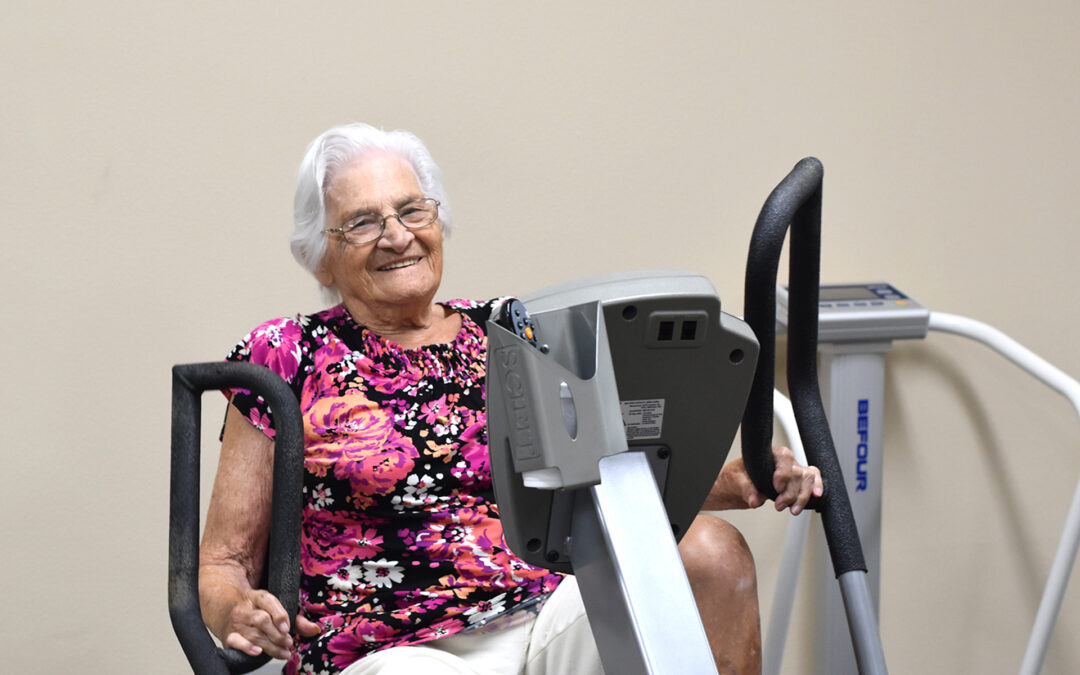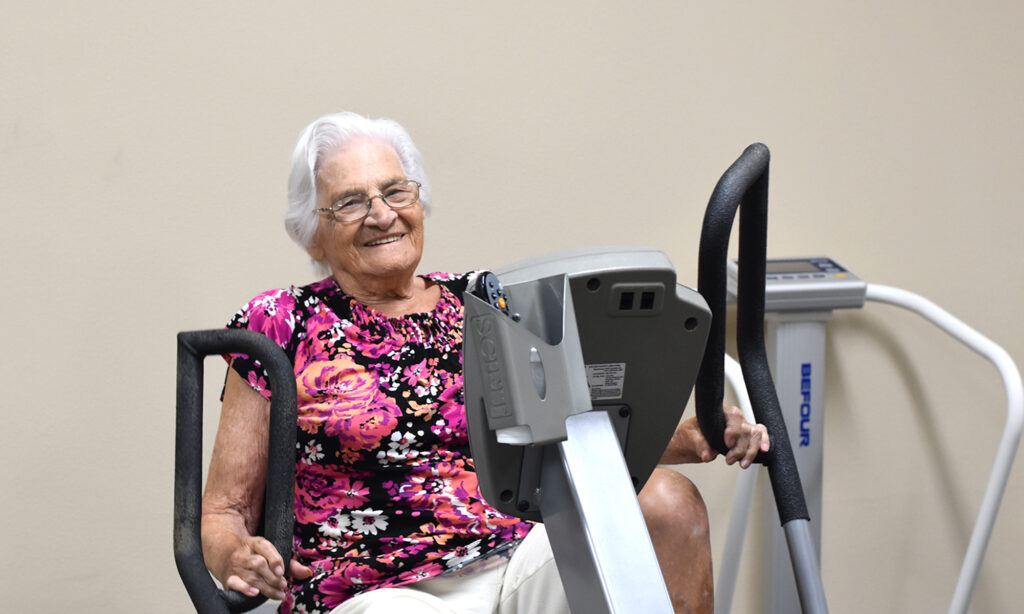
Don’t Go Falling for It!

The majesty of winter is here. You’re bundled up and headed out to adore the beauty and ope! You’re staring up at the universe faster than you can say the word ice.
We’ve all been there. When we were young, we might have a good laugh over it. When we begin to age, each fall can cause panic. So, how do you avoid these nasty little blunders when old man winter sets in?
- Walk like a penguin with a wide stance
- Wear ice cleats (YakTrax is a familiar brand)
- Keep your hands free to catch yourself
- Use railings whenever it’s possible
- Keep snow melt or sand handy for sprinkling
- Take someone’s hand—only if it’s safe
- Avoid rushing
- Bundle up (dress for the slide, not the ride—this is usually advice for being on a motorcycle, but it can apply to winter, too)
- Go through the snow if it’s safer (wet feet/clothing is no fun, but falls can be worse)
What to do After a Fall
If in doubt, have your doctor check you out! Sometimes, you dust off and get up and limp away, only to find that three days later, you’re struggling with pain in your lower back.
Be diligent and seek care if you have any thought that you’re injured, and ALWAYS see a doctor if you hit your head from a fall. It’s just better to be safe than sorry for falls.
It’s also important to track how many falls you’ve had. Those who have fallen often need to see their doctors to learn the root causes. It’s not always a slippery floor. There could be several factors putting someone at risk.
When you see your doctor, list all your symptoms and any changes to your sleeping, eating, or activity patterns before you visit. If you’re taking supplements and medications, be sure to bring a current list and be honest about how you take your medications. If you forget now and again, offer that information, too. Your doctor is not there to scold you, but they want the best for you. Clarity is essential to receive the best treatment!
Home Evaluations & Therapy Services
Therapy services from CaringEdge can help! Our physical and occupational therapists can help you get back to working order if you’re falling or at risk of a fall.
Our occupational and physical therapy staff could give you a lot of tips to improve your safety. One of the most important things they can recommend is the placement of grab bars around your home.
Grab bars are often found in the shower or bathroom, but they should always be purchased and installed by someone knowledgeable about how they work. Stick-on or suction grab bars are unlikely effective and could pose a danger if they come unstuck as you fall and grab them.
Check with your doctor to see if you qualify for outpatient or home health therapy services, or contact us at CaringEdge at info@caringedge.com. We aim to help as many seniors as possible to live independently and safely!


